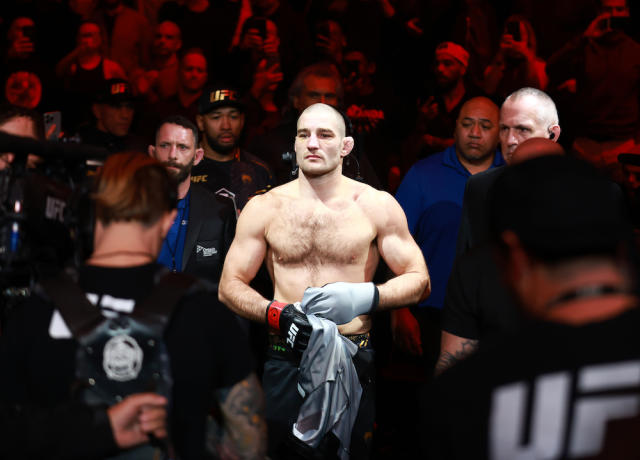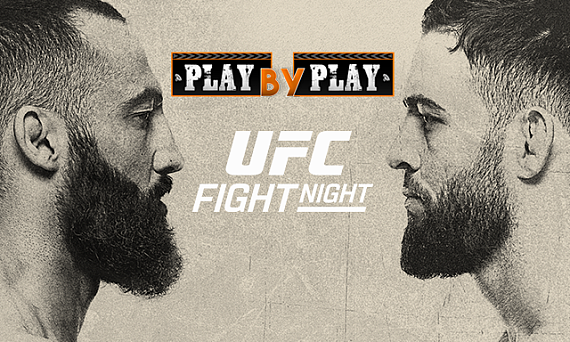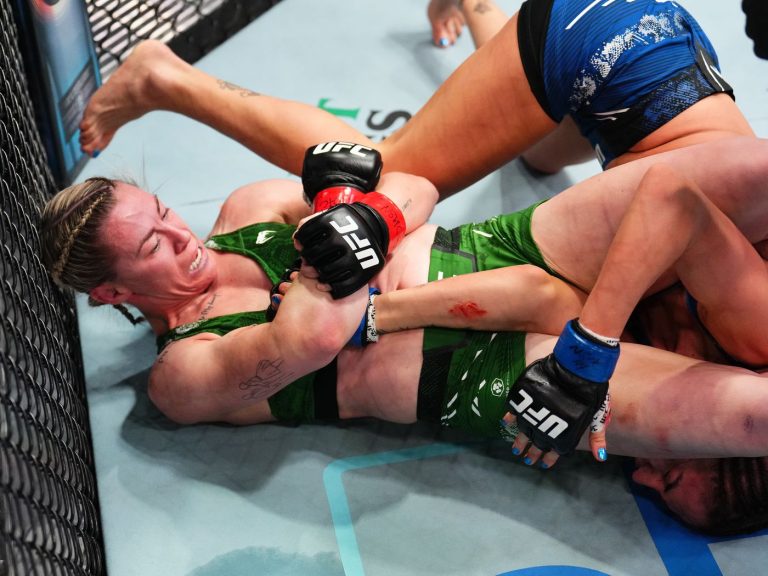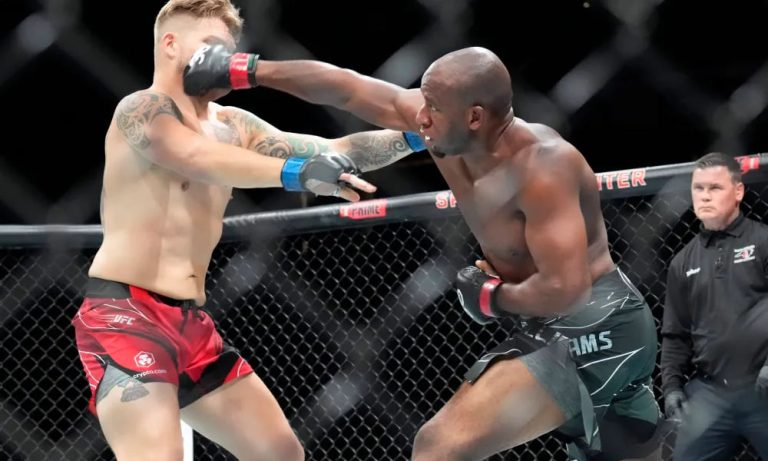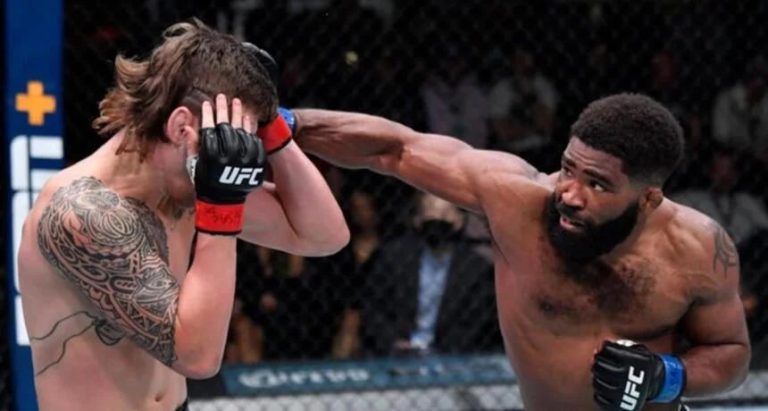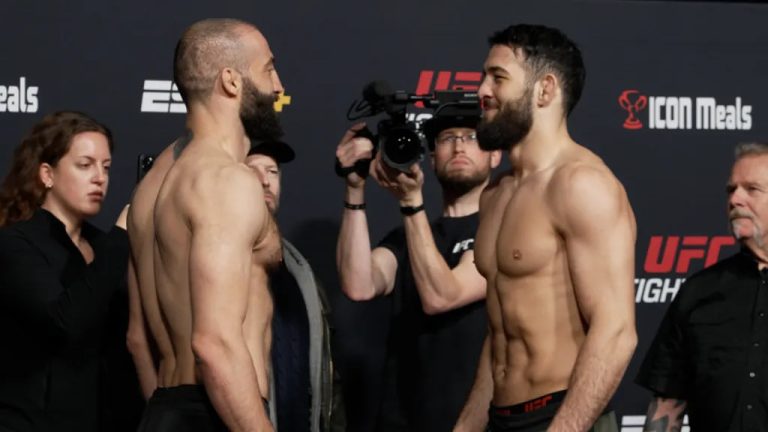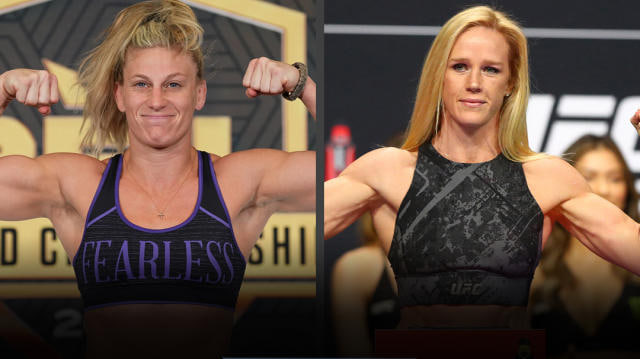The top 5 things to remember from UFC 297: Is the UFC happy that Sean Strickland’s title run is coming to an end?
Key Takeaways from UFC 297 at Scotiabank Arena in Toronto
Gillian Robertson, a prominent female grappler in the UFC, showcased her skills at 115 pounds with a dominant second-round TKO victory over Polyana Viana. After facing challenges in the women’s flyweight division, Robertson dropped to strawweight, where she holds a 2-1 record. Despite an overall mixed record, Robertson prioritizes activity and development at 28, aiming to enter her prime. While she excels in grappling, improvements in takedown ability and striking are needed. With a more strategic approach, Robertson has the potential to become a contender in the strawweight division.
The concern about Movsar Evloev’s lack of finishes is a valid point to consider in the context of his career progression. While Evloev has demonstrated skill and brilliance in his fights, the absence of knockout or submission victories might impact his standing in the competitive featherweight division, especially as he faces tougher opponents.
Finishers often gain more attention and recognition in the fight game, and accumulating a series of decisions may lead to a perception that a fighter is not as dominant or impactful. This narrative could affect Evloev’s chances of securing a title shot, as the call for a championship opportunity is typically reinforced by impressive finishes and highlights.
As the competition level rises, it becomes more challenging to secure those finishes against skilled opponents. This poses a potential obstacle for Evloev, especially when vying for a title shot against fighters who have more eye-catching moments in their recent performances.
While it’s inevitable that Evloev’s time for a finish will come, the urgency for him to showcase that ability is heightened as he aims for a title shot. Adding a true highlight to his resume in the form of a knockout or submission victory could significantly enhance his case for a championship opportunity and alleviate concerns about his ability to make a statement in the increasingly competitive featherweight division.
After Canadian fighters secured a clean sweep at UFC 289 in Vancouver last June, the fortunes took a sharp turn for those competing on home soil in the recent event, particularly for the men. Despite women from the country delivering impressive stoppage wins, the male fighters faced significant challenges, going 0-7 inside the octagon.
Expectations were high, with many pundits and fighters anticipating this card as a potential coming-out party for Canadian talent. However, the results felt more like a setback, especially considering that several of the losing male Canadian fighters were favored in their respective matchups, adding to the disappointment.
While each fighter is individually responsible for their outcome, the collective performance painted a less-than-ideal picture for Canadian MMA. It was far from a banner night, and the unexpected string of losses has sparked reflection on the challenges faced by the Canadian contingent in this particular event.
The UFC witnessed its first title change of the year as Dricus Du Plessis secured a split decision victory over Sean Strickland in a closely contested bout for the middleweight championship. While sitting cageside, the author believed Du Plessis won the fight, particularly rounds 2, 3, and 4, though acknowledging the perspective from the broadcast could offer a different view. Notably, UFC CEO Dana White and many others thought Strickland won, highlighting the narrow margins and the subjective nature of the decision.
Du Plessis’s victory marked the end of Strickland’s relatively short and controversial title reign. Strickland had an eventful week in Toronto, attracting attention for his critiques of the Canadian government, a viral media day exchange, and involvement in a debate over free speech versus hate speech.
While the author does not condone some of Strickland’s controversial comments, they find his role in the sport fascinating. Strickland, not fitting the mold of a traditional champion, stands out in the 2024 version of the UFC, where White emphasizes the promotion as a place where athletes won’t be censored. Despite Strickland’s unconventional image, White sees value in his authenticity and refusal to be constrained, making for an interesting dynamic in the promotion.
Despite the negative blowback from the controversial remarks made by fighters like Colby Covington or Sean Strickland, there is a begrudging level of respect for UFC President Dana White for remaining consistent with his stance of not censoring athletes in recent years. However, with Strickland losing his title, there might be a sense of relief in the UFC offices on Monday, knowing he no longer represents the company as one of its champions.
While Strickland has connected with a significant portion of the MMA fanbase, recent events raise questions about whether he is more trouble than he’s worth. The decision not to push for an immediate rematch with Dricus Du Plessis, as opposed to shutting it down, suggests that White may share concerns about Strickland’s role as a representative of the company.
The possibility remains that Strickland could find himself in a title fight again in the future, and perhaps he may hold the belt once more. However, without the championship platform, the microphone for his messages may not be as loud going forward. While he may not change as a person without the gold around his waist, the absence of the title could impact the influence of his messages.

